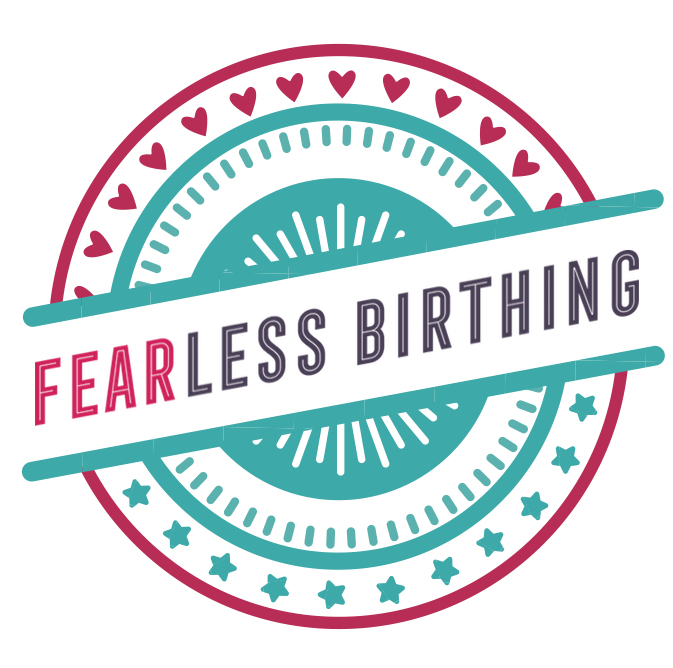For many women, learning about pregnancy and birth is an empowering experience. Knowledge is power, right? That’s why birth education classes, hypnobirthing, and prenatal workshops are widely recommended to help women prepare for childbirth.
But for women with tokophobia—the extreme fear of pregnancy and birth—this well-meaning advice can be completely ineffective. In some cases, it even makes their fear worse.
The Problem: Education Targets the Conscious Mind—But Fear Lives Elsewhere
Most birth education approaches focus on providing information:
✔️ Learning about birth physiology
✔️ Understanding medical interventions
✔️ Exploring pain relief options
✔️ Watching birth videos for “exposure”
For women with mild to moderate fears, this kind of education can be reassuring. A lot of fear stems from the unknown, so learning what to expect can help them feel more in control.
But tokophobia is different. The fear doesn’t come from a lack of knowledge. In fact, many women with tokophobia already know a lot about birth—but that doesn’t make them feel any safer.
That’s because their fear isn’t intellectual. It’s deeply embedded in their nervous system, subconscious mind, and emotional body. You can’t think your way out of it.
Birth Education Can Feel Like Exposure Therapy—And That’s a Problem
One of the biggest myths about overcoming fear is that you need to face it head-on. Exposure therapy, where people are gradually introduced to what they fear, is a common approach for many phobias.
But exposure therapy works best for isolated fears, like spiders or heights. Tokophobia isn’t an isolated fear—it’s a complex, deeply rooted anxiety disorder.
For a woman with tokophobia, sitting in a birth class and watching videos of labor can feel like psychological torture. Instead of helping her feel prepared, it reinforces the fear and trauma response.
Instead of thinking:
💭 Oh, I understand birth now—this feels less scary.
She’s more likely to think:
💭 This is exactly why I never want to be pregnant. I feel sick just watching this.
Fear Doesn’t Need More Information—It Needs Healing
Tokophobia isn’t about not knowing enough—it’s about what’s happening deep inside the nervous system and subconscious mind.
Women with tokophobia often have trauma or deep-seated emotional conflicts fueling their fear. It could stem from:
👉 A traumatic medical experience
👉 Birth trauma (their own or someone else’s)
👉 Sexual trauma or body-related fears
👉 Deep control issues or fear of losing autonomy
👉 A generalised anxiety disorder or OCD tendencies
No amount of birth videos or information is going to heal those wounds. The only way to truly overcome tokophobia is to clear the fears at the root—not pile on more information.
The Alternative: Healing Before Education
For women with tokophobia, birth education should come last—not first.
The first step should always be deep emotional healing. Once the fears are cleared, the mind and body are no longer in fight-or-flight mode.
When that happens, a fascinating shift takes place:
✨ Women who couldn’t even think about pregnancy suddenly become curious.
✨ They start wondering about birth preferences.
✨ They feel open to exploring their options.
At this point, birth education becomes useful—because they’re ready to receive it.
If You Work with Pregnant Women, Here’s What You Need to Know
If you’re a birth professional, therapist, or perinatal specialist, it’s important to recognize that some women cannot start with birth education.
If you have a client who:
❌ Completely shuts down at the thought of pregnancy
❌ Feels triggered by any discussion about birth
❌ Has extreme avoidance behaviors (refusing to engage in any baby-related talk or planning)
Then traditional birth education is not the right approach—at least, not yet.
Instead, they need:
✅ A safe, supportive way to clear their fears
✅ A healing approach that works on the subconscious and nervous system
✅ A method that doesn’t require them to relive or “face” their trauma
That’s exactly what Head Trash Clearance and Fearless Birthing offer.
The Future of Birth Support: A Trauma-Informed Approach
We need to shift the narrative around birth education. It’s time to recognize that education alone doesn’t work for everyone.
If we truly want to support women, we need to:
✔️ Understand the difference between education and healing
✔️ Recognize when birth fears run deeper than the surface
✔️ Offer alternative solutions that heal the fear first
This is the future of birth support—and it’s time we started talking about it.
